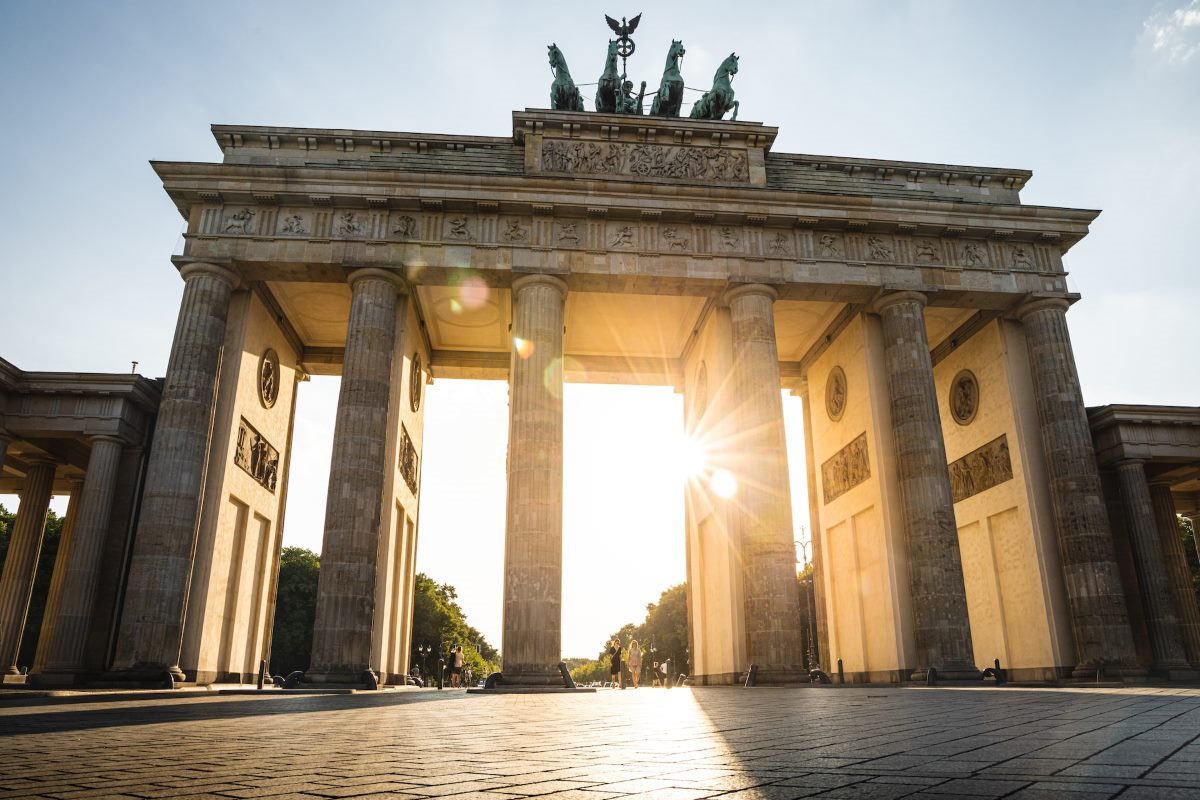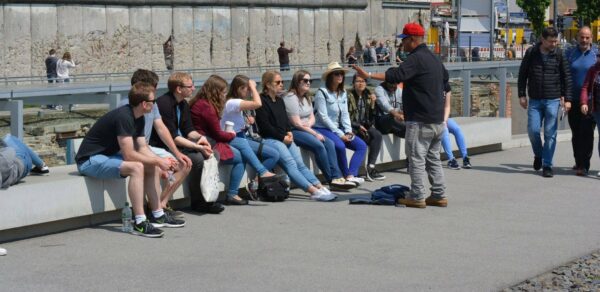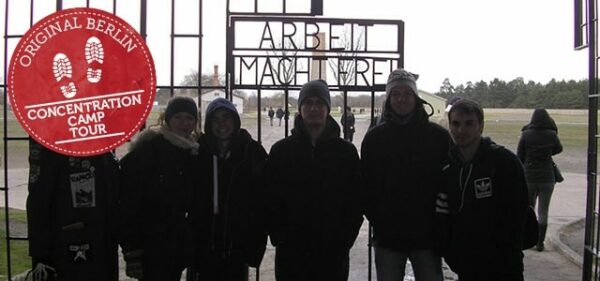The latter is quite an active piece and represents the Berlin Wall memorial located in Bernauer Straße. I think that this historic site is dedicated to the memory of the most famous symbol of the division in the city and the people. In this blog post, I will give information about vagueness of Berlin Wall Memorial, briefly history about it and why it is significant and important.
The History of the Berlin Wall
The Berlin Wall was erected on thirteen of August in nineteen sixty one severing the tie between east and west Berlin during the period of the cold war. It was designed for stopping the East Germans from moving to the western side of the country, for thousands of people were migrating from East Germany daily in search of political freedom, better livelihood. He compressed the wall to about 155 kilometers duration thus alienating families, friends and an entire city for 28 years.
Bernauer Straße – in today’s Mitte district – was one of those streets which were most dramatically impacted with the construction of the Wall. It was the embodiments of the split and the pain resulting from the division of the city.
The Berlin Wall Memorial
The systematic history of the Bernauer Straße can be seen from the Berlin Wall Memorial that is found along the former border strip of the divided city. It consists of three main elements:
The Documentation Center:
The Documentation Center also offers travellers the means to enter into the world of the Berlin Wall and its history. Photos, videos, and human stories illustrate the center’s main goal of spread awareness about the wall and its consequences of its construction as well as of its existence going down.
The Memorial Grounds:
It is noteworthy that the Memorial Grounds are the area of the playing field preserved as the part of the original border strip. The historic site of the china wall is evident for visitors to conquer while strolling through the grounds on the looks for a wall, towers, and other barriers that once separated the city. This dramatic realia enables the visitors to understand how it is to live in a divided city of Berlin.
The Visitor Center:
The Visitor Centre provides guests with more perspectives on history and the political state in the middle of the Cold War and the separation of the city. Besides, it offers group and individual guided tours, audiovisual aids, and moreover, various facilities for obtaining a complete information about the sights, which make the visit not only the effective, but also epoch making one.
Why Berlin Wall Memorial is important to visit?
At the Berlin Wall Memorial in Bernauer Straße one cannot only learn more about the history of the city, but also receive a message that people should stand together, be free and respect their rights. This is where the memorial comes in handy so that people can see the effects of walls and separation while advocating for togetherness through wall art.
By visiting the memorial, you can:
- Read the historical events that happened to reveal the construction and the tearing down of the wall.
- Tactile interaction with the wall and transformations created by it can be seen and imagined in the city.
- Analyse the concept of freedom and what happens when a country becomes politically divided.
- Remember the lives of the people who died trying to climb the wall.
- Graduate gratitude for the efforts towards reunification and various developments that occurred after the fall of the Berlin Wall.
- You are here travelling guide
If you’re planning to visit the Berlin Wall Memorial, here are some practical details to keep in mind:
- Location: Bernauer Straße 111, 13355 Berlin, Germany
- Opening Hours: Schools require large spaces, those are outdoor and the building is available for students at any time of the day. The Documentation Center and the Visitor Centre may be opened at different times; the schedule is provided on the respective website.
- Admission: Entrace to the grounds and Visitor Center is always free of charge, but you may have to pay a little for particular displays.
- Guided Tours: Such visits thus afford extensive and multilingually illuminated exposure to the history of the memorial site. Some of these tours come with advanced booking.
- Plan Your Visit: Visitors should spend at least two hours in order to have time to get around and try to comprehend the purpose of this memorial.
In Conclusion
Bernauer Straße has been chosen for the construction of the Berlin Wall Memorial which tells the story of division and reunification of Berlin. At this memorial you can get more extensive knowledge about the history of the city, think about the meaning of freedom and pay tribute to the people suffering from the wall. It reminds all of us that there is nothing as important as unity at certain times and this defeats division.
Table of Contents







